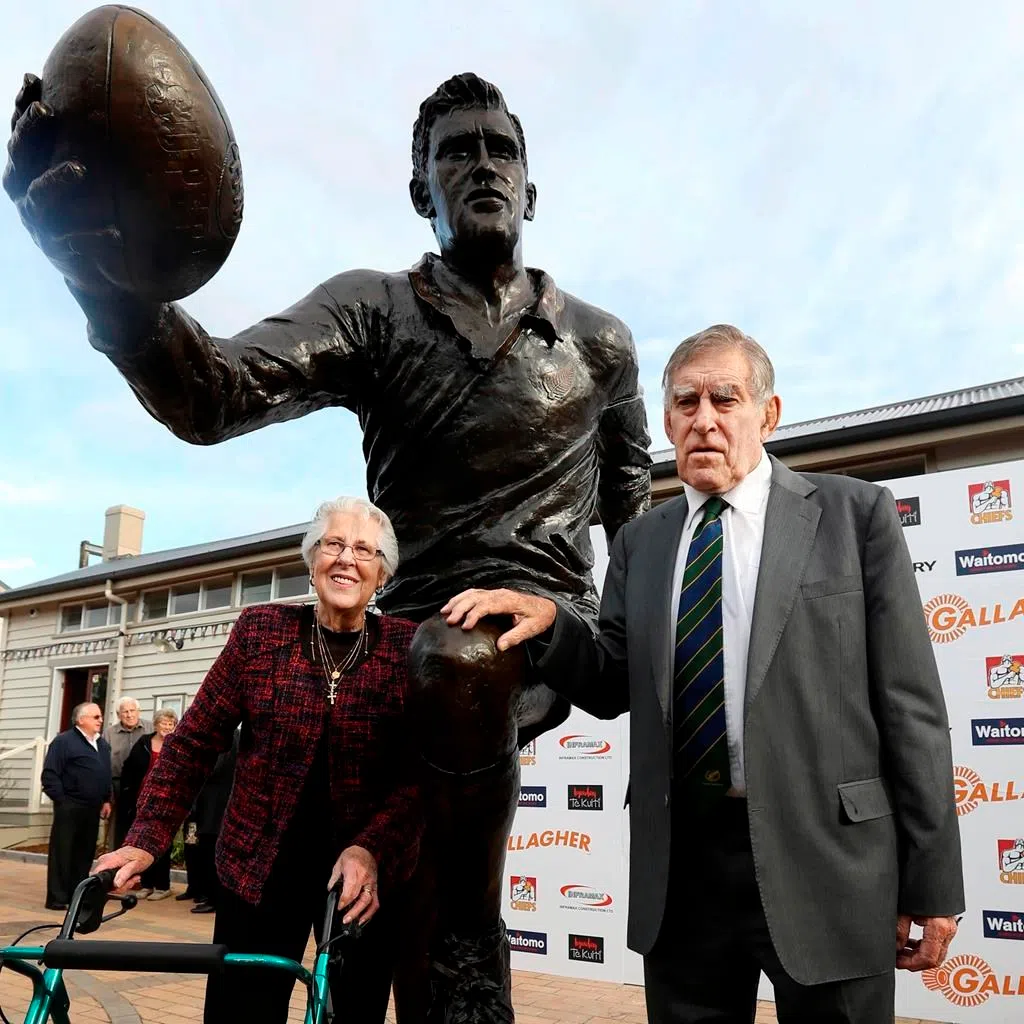
Colin Meads, greatest All Black of 20th century, dies at 81
WELLINGTON, New Zealand — Colin Meads, a famously tough All Blacks lock hailed as New Zealand’s greatest rugby player of the 20th century, has died after a year-long battle with cancer. He was 81.
Verna Meads said her husband had been diagnosed with pancreatic cancer last August. Meads played 55 tests among 133 games for New Zealand between 1957 and 1971 — a number thought prodigious in an era in which the All Blacks seldom played more than four tests a year.
Hardened by his life as a sheep farmer in the rugged King Country district of New Zealand’s North Island, Meads was endowed with great strength, stamina and toughness. He famously once played an entire match with a broken arm.
Prime Minister Bill English said Meads’ death was “a great loss to New Zealand.”



